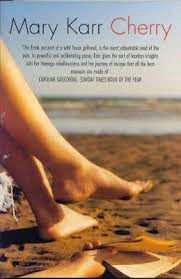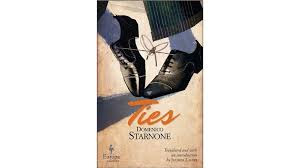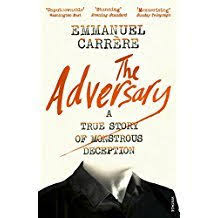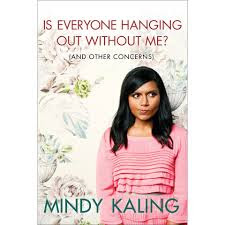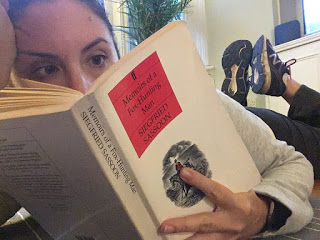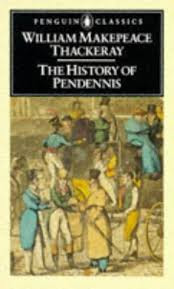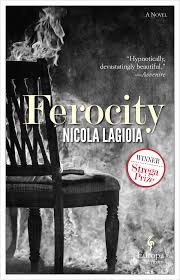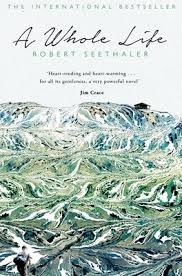
Why is it that any book which tells the story of someone’s life from beginning to end is always a sad book? Even if the central character has a happy life, the story is somehow always still sad. I guess it’s because while you can win the battle – even all the battles – you can never win the war. No matter how many dangers you dodge, or narrow escapes you manage, or serial killers you avoid over the course of a whole life, you’re always dead at the end.
This book tells the story of a life that didn’t win that many battles, never mind the war. It’s about a man called Andreas who lives in a village in the German mountains. He is orphaned, then abused by an uncle, then loses his wife to an avalanche, then gets conscripted into the army and is a prisoner of war, then comes home and lives alone in a shack. And all the time you know he’s just going to die at the end.
It’s beautifully written, and wise, but really I found it annoying. Perhaps this is because I am still young enough to be in rebellion against death in general. But perhaps also it is because Andreas is so annoying. He is the strong, silent, and apparently half-witted type, who recounts the various horrors he endures in a grating monotone. Once, near the end of of his life he decides to leave his village on impulse, on the local bus, to see what is beyond his valley. He has a panic attack in the car park and the bus driver has to help him home. Perhaps I should feel sorry for him but really I’m just like: Get your shit together. Honestly.


